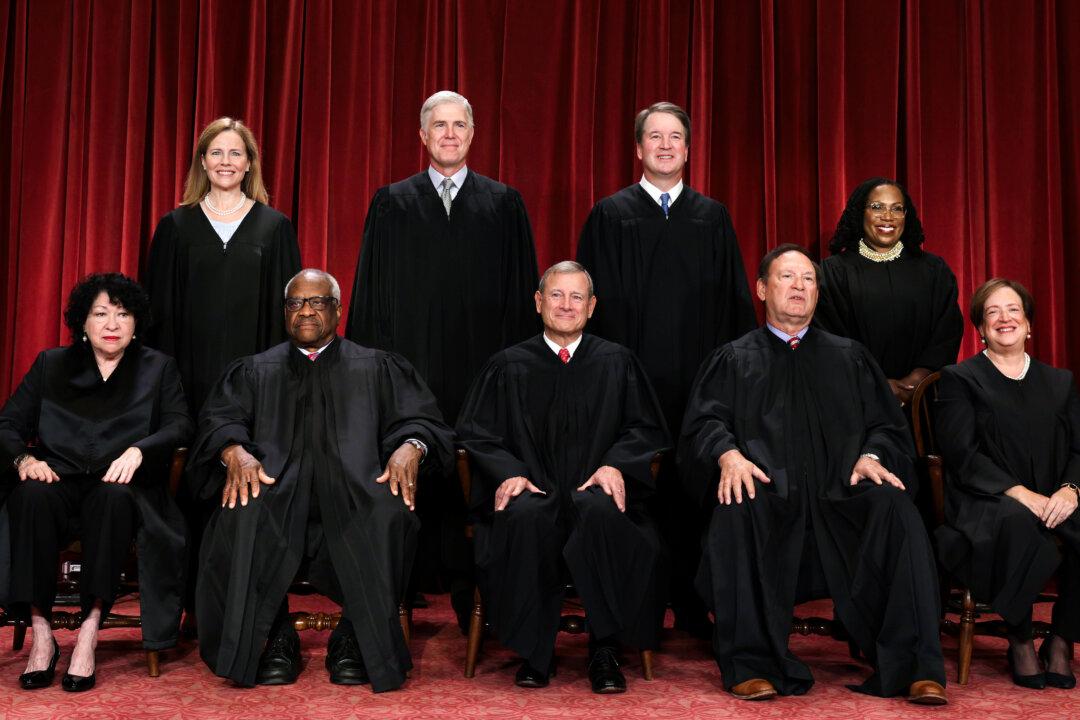The U.S. Supreme Court on Friday agreed to take up a case involving the Trump-era ban on “bump stocks” that was initiated in the wake of the Las Vegas mass shooting.
The justices agreed to hear arguments early next year over the Bureau of Alcohol, Tobacco, Firearms, and Explosives (ATF) rule, which was implemented in 2017. The case pertains to whether the Department of Justice, which oversees the ATF, followed federal law in changing the regulation around bump stocks, which are able to increase the rate of fire in some semiautomatic weapons.





